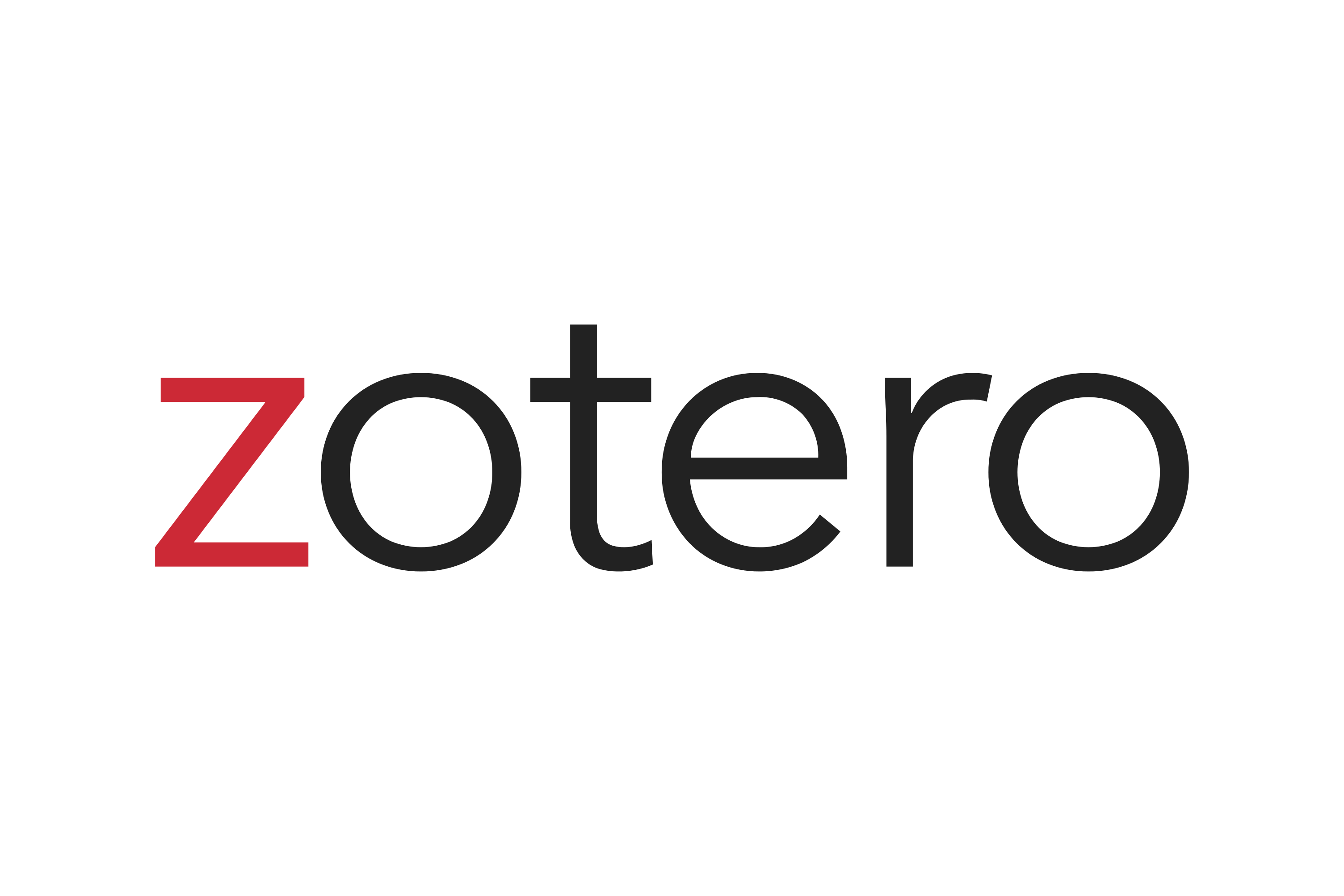Akal, Agama, dan Pengetahuan Tentang Tuhan
DOI:
https://doi.org/10.32678/alfath.v4i1.3352Keywords:
TeologiAbstract
Akal dapat mengabstraksikan idenya dari benda-benda yang konkrit. Dari situ muncul idea-idea dan hukum-hukum yang bersifat universal dan dirumuskan oleh akal melalui proses pengamatan dan pengalaman inderawi. Tanpa pengetahuan inderawi, menurut Alristoteles, manusia tidak bisa menemukan hal-hal yang bersifat intelektual universal.
Manusia dengan sifat yang kontruksinya selalu ingin mengelabui akan makna_yang lebih tinggt, atau dzat yang tinggt, yaitu Tuban. Menurut aliran dalam epistemilogi terdapat dua macam, yattu idealisme dan realisme. Idealisme adalah suatu aliran pemikiran yang menekankan pentingnya peran ide dan akal sebagai sumber pengetahuan, sehingga aliran ini disebut juga “rasionalisme”. Adapun realisme lebih menekankan peran indera (sentuhan, penciuman, penglibatan, pencicipan, dan pendegaran) sebagat sumber pengetahuan, sebingga aliran ini disebut juga “empirisme”. Kedua aliran tersebut merupakan masuk dalam kajian filsafat. Dan dalam filsafat salah satu metode untuk mengetahu Tuhan, masih dikatakan pro dan kontra.
Downloads
Downloads
Published
How to Cite
Issue
Section
License
Copyright Notice

Al-Fath: http://jurnal.uinbanten.ac.id/ is licensed under a Creative Commons Attribution-ShareAlike 4.0 International License
An author who publishes in Al-Fath agrees to the following terms:
- Author retains the copyright and grants the journal the right of first publication of the work simultaneously licensed under the Creative Commons Attribution-ShareAlike 4.0 License that allows others to share the work with an acknowledgment of the work's authorship and initial publication in this journal
- Author is able to enter into separate, additional contractual arrangements for the non-exclusive distribution of the journal's published version of the work (e.g., post it to an institutional repository or publish it in a book) with the acknowledgment of its initial publication in this journal.
- Author is permitted and encouraged to post his/her work online (e.g., in institutional repositories or on their website) prior to and during the submission process, as it can lead to productive exchanges, as well as earlier and greater citation of the published work (See The Effect of Open Access).
Privacy Statement
The names and email addresses entered in this journal site will be used exclusively for the stated purposes of this journal and will not be made available for any other purpose or to any other party.










